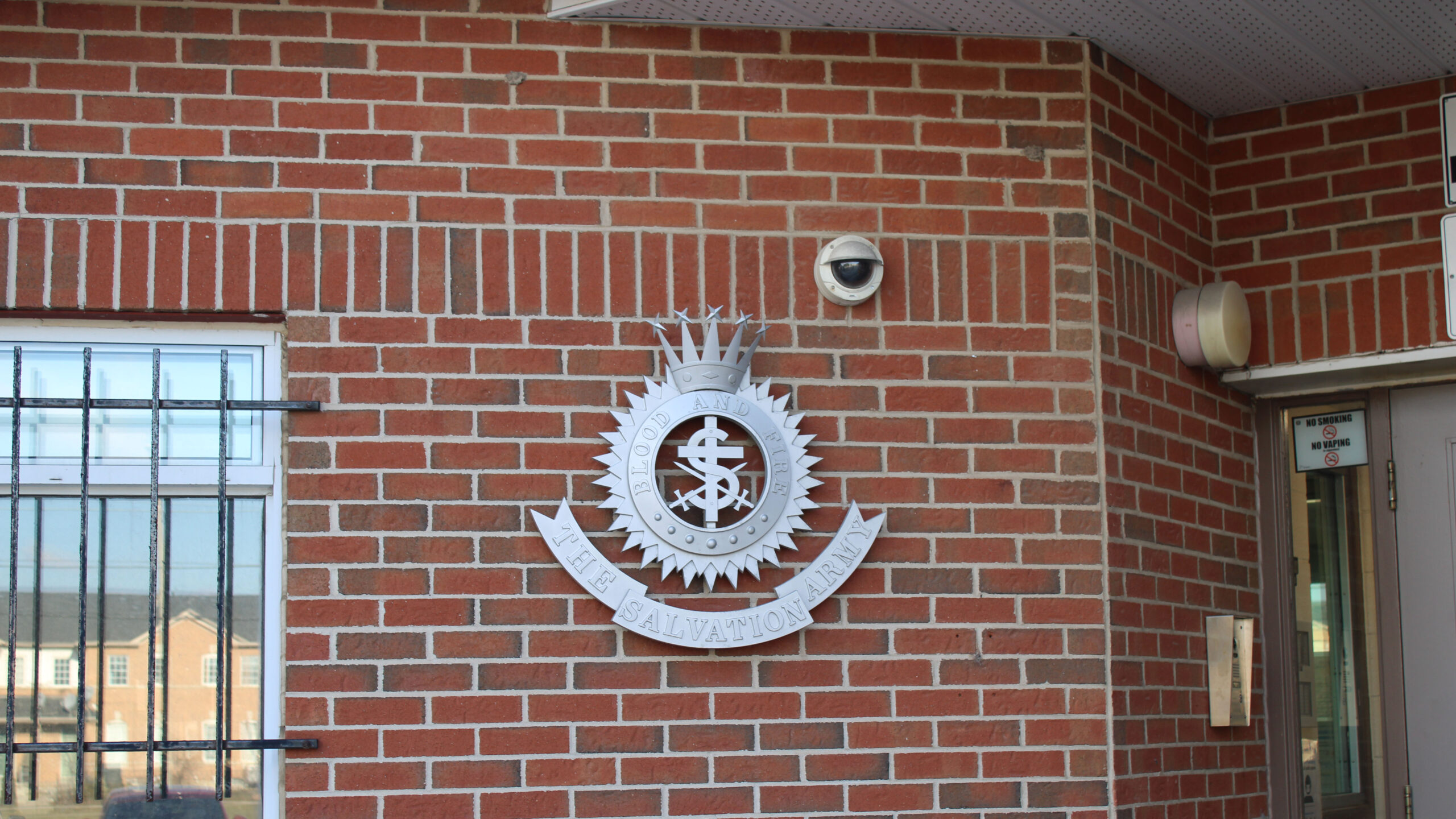Family and intimate partner violence accounted for 17,000 service calls in Peel Region in 2021, according to Peel Regional Police. The data translates to an average of 46.6 disputes per day or about two every hour.
The rate of intimate partner violence in Peel reflected the national numbers, increasing by 3.5 per cent between 2016 and 2021, the data showed. And Peel police are responsible for policing two-thirds of the region — Brampton and Mississauga.
Statistics Canada reported more than 127,082 victims of family violence that were reported to the police nationwide in the same year. It said 2021 was the fifth consecutive year marking an increase in domestic violence. Women and girls accounted for two-thirds of the victims.
It reported 114,132 people aged 12 or older were assaulted by a former or current intimate partner or other type of intimate partner, the seventh consecutive year marking an increase. Eight of 10 victims, or 79 per cent, were women.
Since 2020, there has been an 11 per cent increase in abusive and harassing communications and a 29 per cent increase since 2019, and in 2021, 90 victims were killed by an intimate partner, with 76 per cent of these victims were women and girls, Statistics Canada reported.
In the last several years, especially after the covid outbreak in March 2020, there has been a rise in the number of cases of intimate partner violence.
Statistics provided by the United Nations show Canada is not much different from any other regions. The UN reported more than a quarter of women aged 15 and 49 who have been in a relationship were physically and/or sexually attacked by their intimate partner at least once in their lifetime.
Incidents of intimate partner violence range from 20 per cent in the Western Pacific, 22 per cent in high-income countries and Europe and 25 per cent in the WHO Regions in the Americas. The WHO African region reported 33 per cent while the , the WHO Eastern Mediterranean region recorded 31 per cent and 33 per cent in the WHO South-East Asia region.
Globally as many as 38 per cent of all murders of women are committed by intimate partners, the UN reported.
There are organizations offering immediate assistance and providing shelter for victims. In Brampton, the Salvation Army Family Life Resource Center (FLRC) offers an emergency short-term shelter for women and their children escaping intimate partner violence by providing assistance, protection, and support to these women.
Mercy Gichuki, a program manager at the FLRC, said some of the services the shelter offers to survivors of gender-based violence include counselling, housing, and work.
The FLRC also provides support for applying for housing, legal supports that include accompanying them to court, working with them in family court if they are having difficulties, and supporting them in applying for immigration services, she said.
Some other programs offered include life skills building programs, such as boundary setting and developing healthy and unhealthy relationships, and supporting women in their journeys of healing from trauma, Gichuki said.
She said the shelter was created so women can stay there for between three and six months, however, women are staying longer because of housing difficulties and high rental costs.
Women who came to the shelter ranged in age from 24 to 40 years old, she said.
Every woman in this shelter has experienced partner abuse, including physical, mental, religious, financial, spiritual, and sexual violence. Therefore, there are often about 18 women residing there, along with about 40 children, Gichuki said.
Since the shelter is limited and cannot accommodate everyone, her team also works with other women in the neighborhood. Her team now works with 300 women who are all survivors of intimate partner abuse, she said.
Gichuki said the United Nations has called intimate partner violence a “shadow pandemic,” because the problem is so invisible that people cannot often can’t see it but it does have local and global impact.
The United Nations referred intimate partner violence (IPV) as a “shadow pandemic” since it has turned into an invisible crisis that is made worse by the COVID-19 pandemic. Lockdowns, hardships, and social isolation brought on by the COVID-19 pandemic have raised the danger of IPV and made it more difficult for victims to get the support they need.
According to the UN, the rates of IPV have increased significantly during the pandemic, and many victims are unable to access the support they need due to lockdowns and restrictions on movement.

Mercy Gichuki, a program manager at the Salvation Army, spoke to Humber News and told some of the services the shelter offers to survivors of gender-based violence. Photo credit: Muhammad Hamza
She said she has seen an increase in the number of women coming to the shelter in the last three years because of the pandemic.
“We are seeing more expectant moms coming to the shelter,” Gichuki said.
She said that the shelter was running an outreach satellite, but they had to close it because they ran out of funding.
It has impacted her team because in the last three years in that outreach shelter, her team served about 256 women and about 329 children, Gichuki said.
Kavita Bhagat, a certified family law specialist in Brampton, said unfortunately, during the past few years, there has been an increase in intimate partner violence.
Bhagat said some causes of intimate partner violence include societal inequities, power imbalances that arise from language, immigration, financial issues, and education. Other reasons include mental health, familial pressure and addiction, Bhagat said.
If males could also attend counselling sessions to avoid problems with their intimate partners, the situation might alter, he said.
Additionally, police need to be ready to act quickly to protect these women from harm and abuse from their partners.
Police and society need to do more to address the dangers and fears that many abused intimate partners or family members experience, including the trauma of ongoing emotional and psychological abuse as well as the threat of violence.

